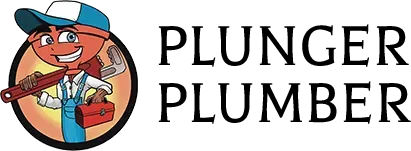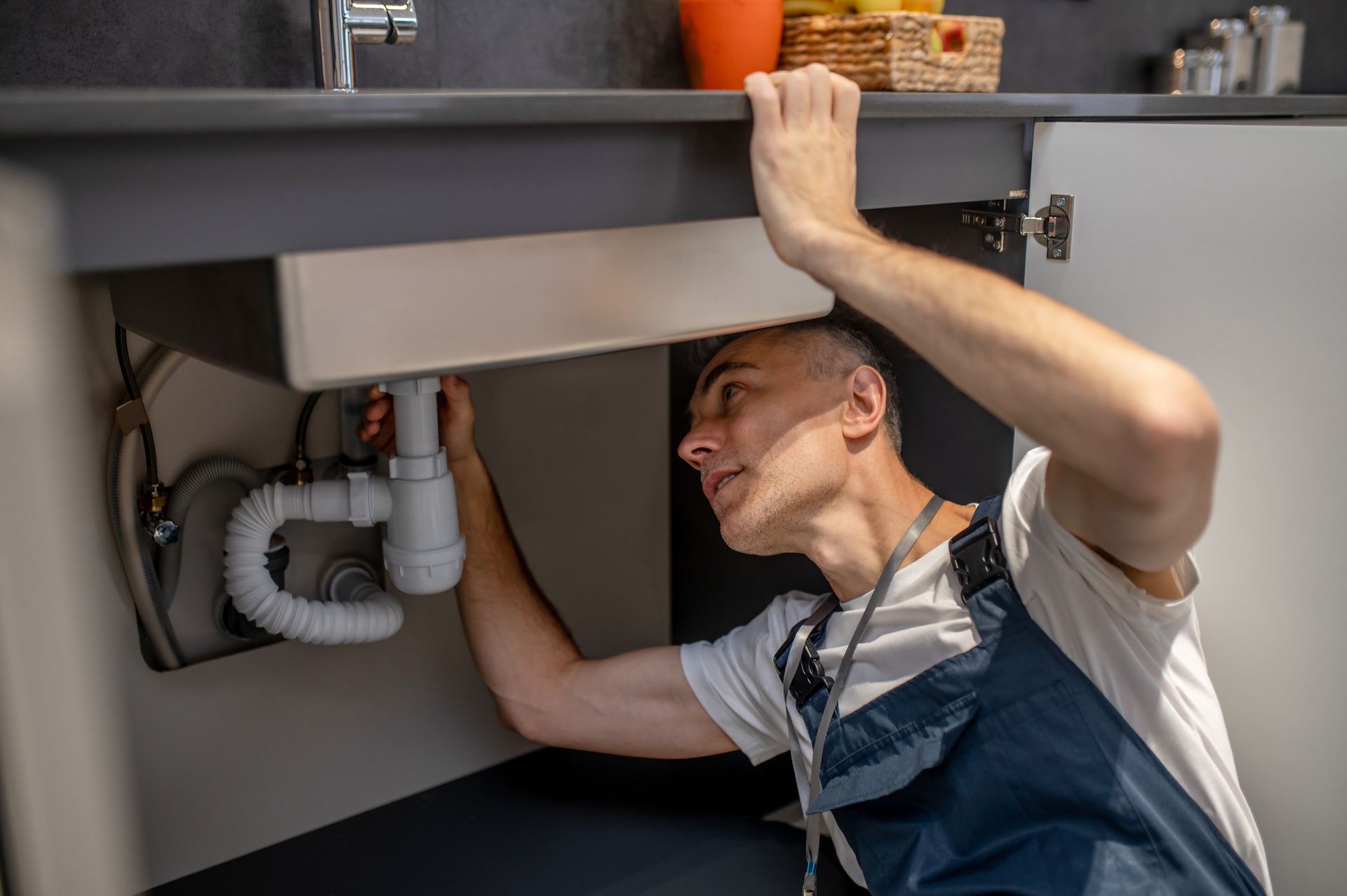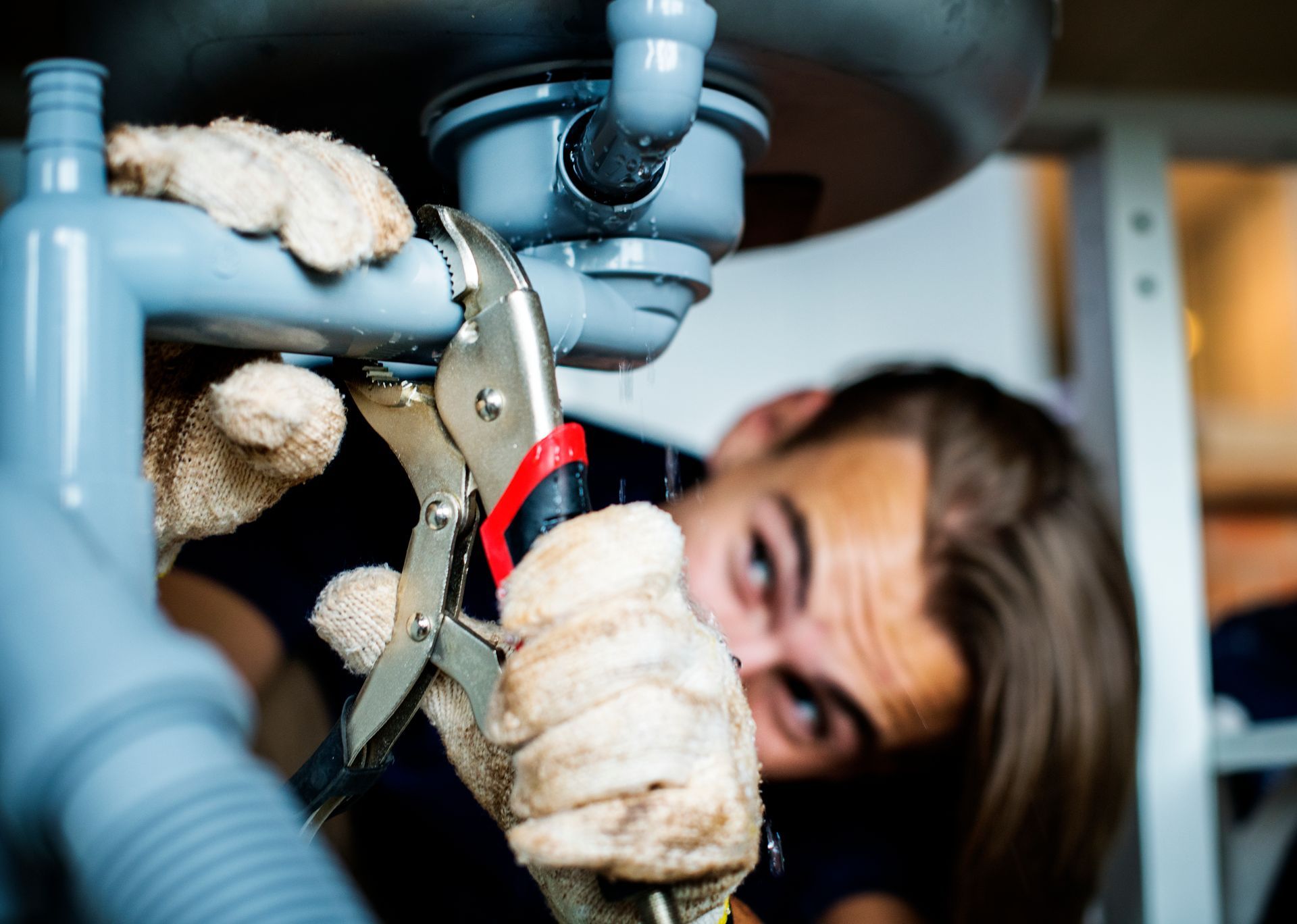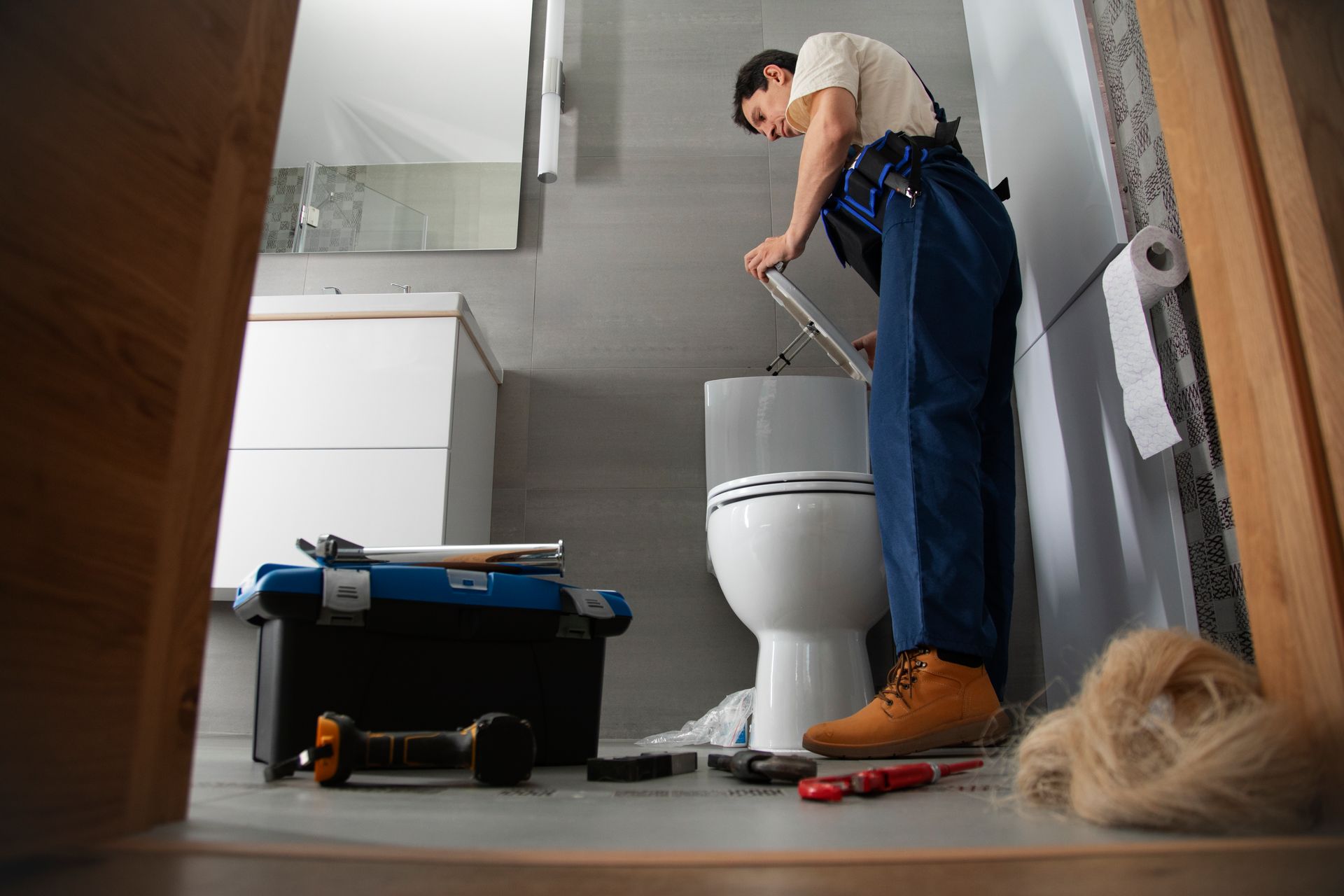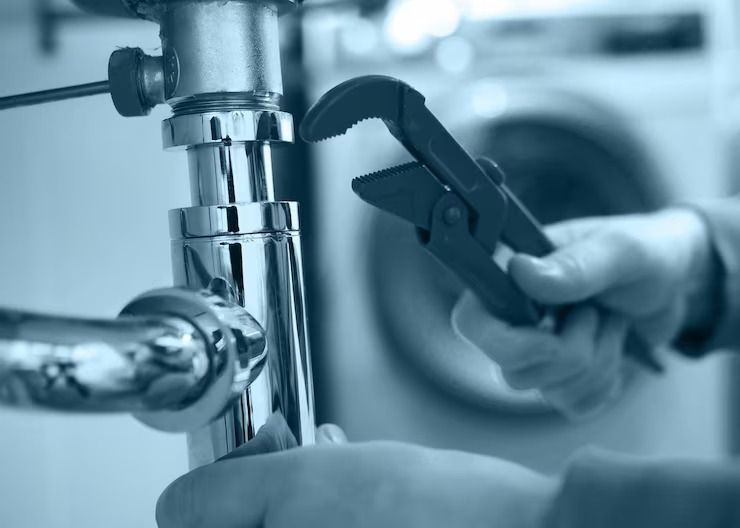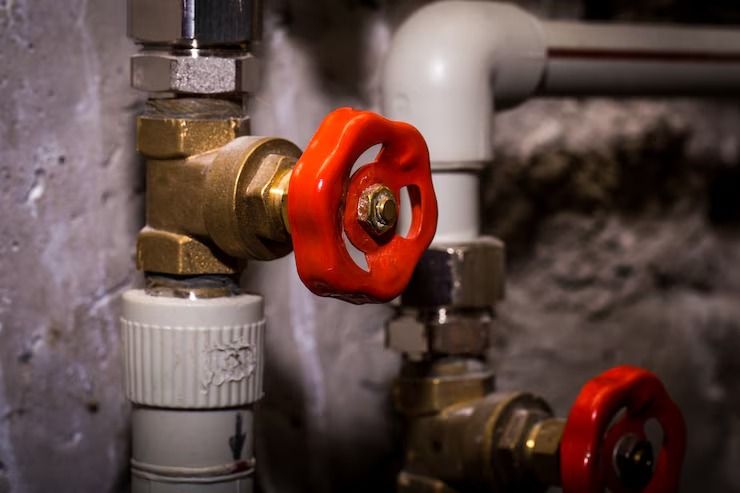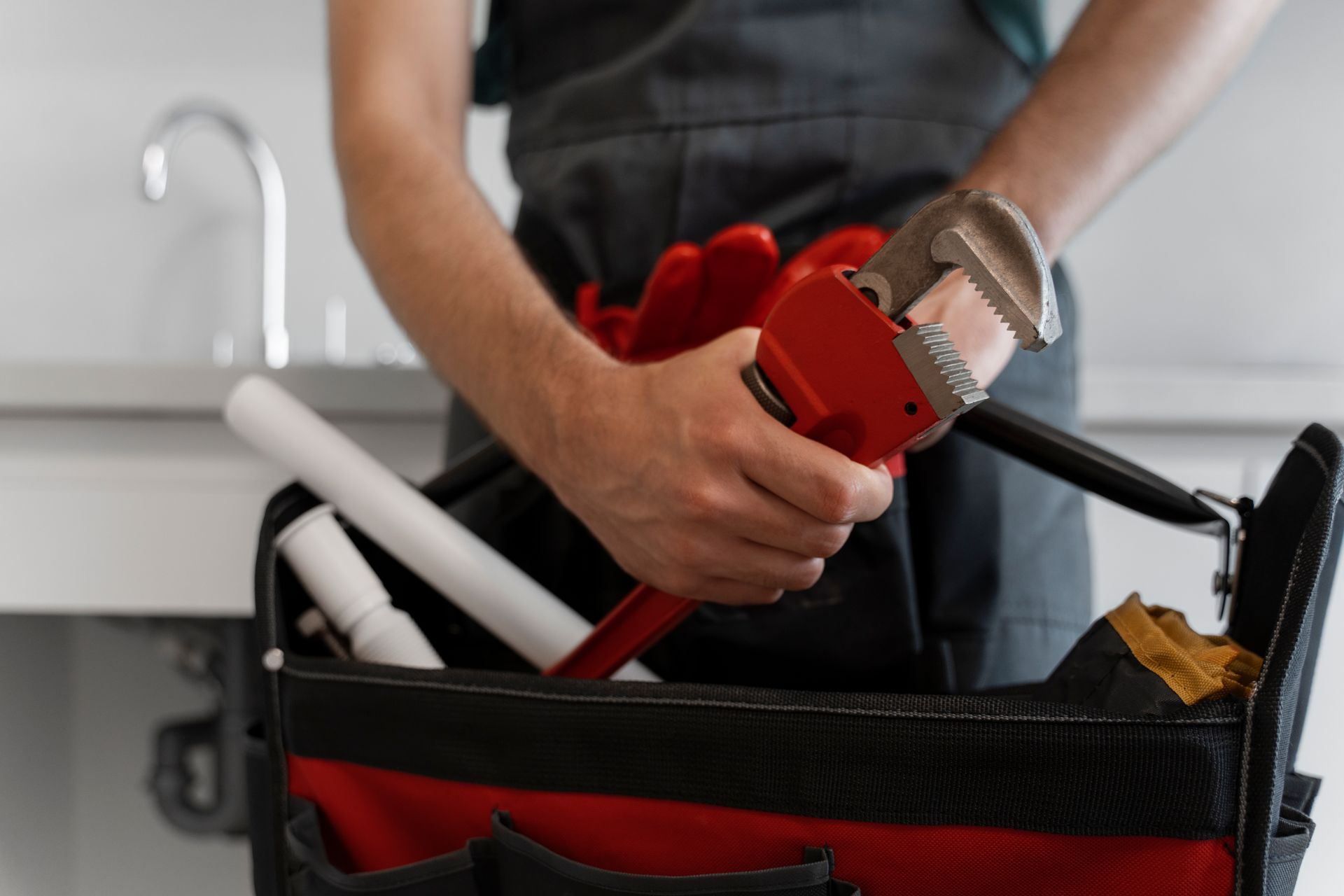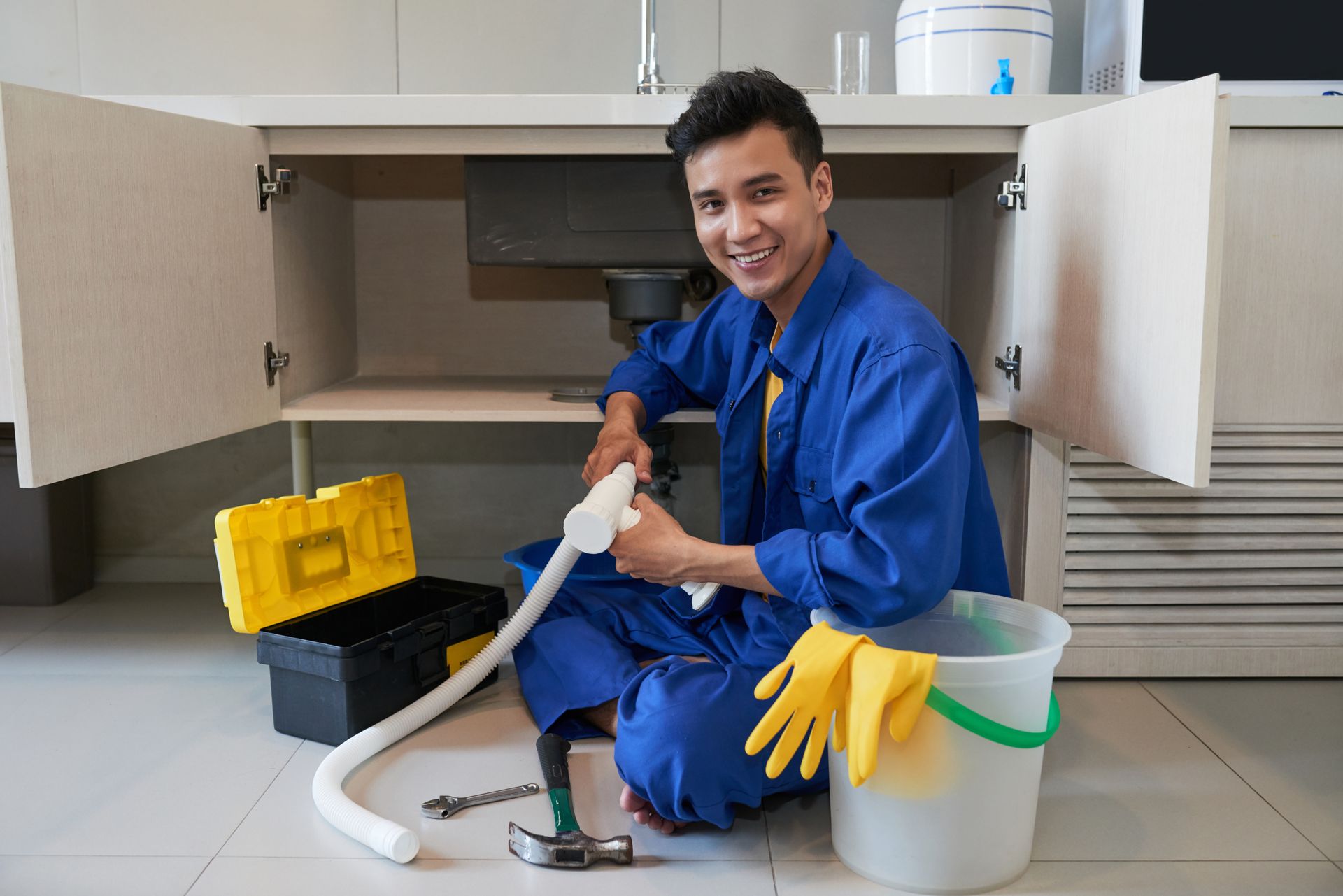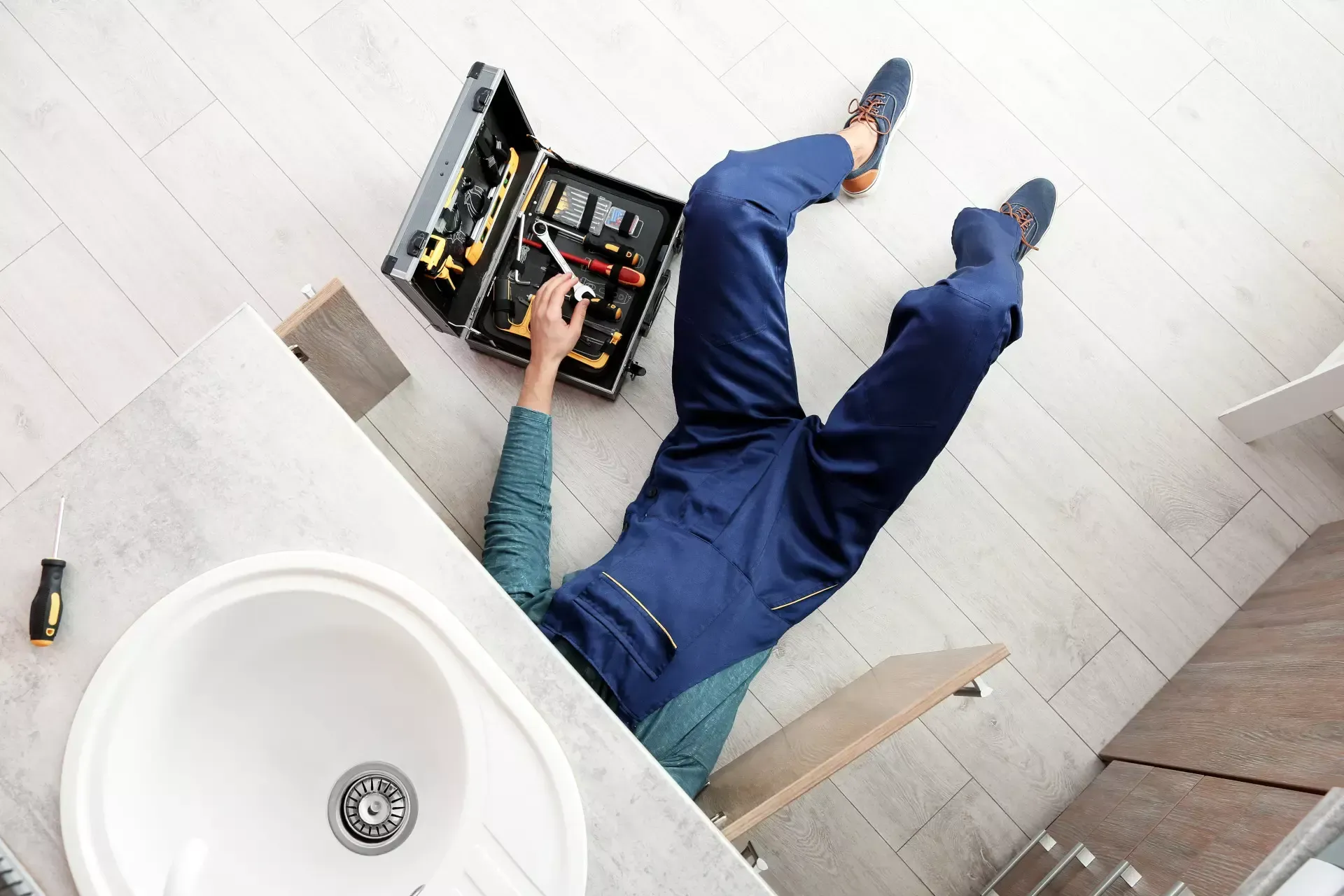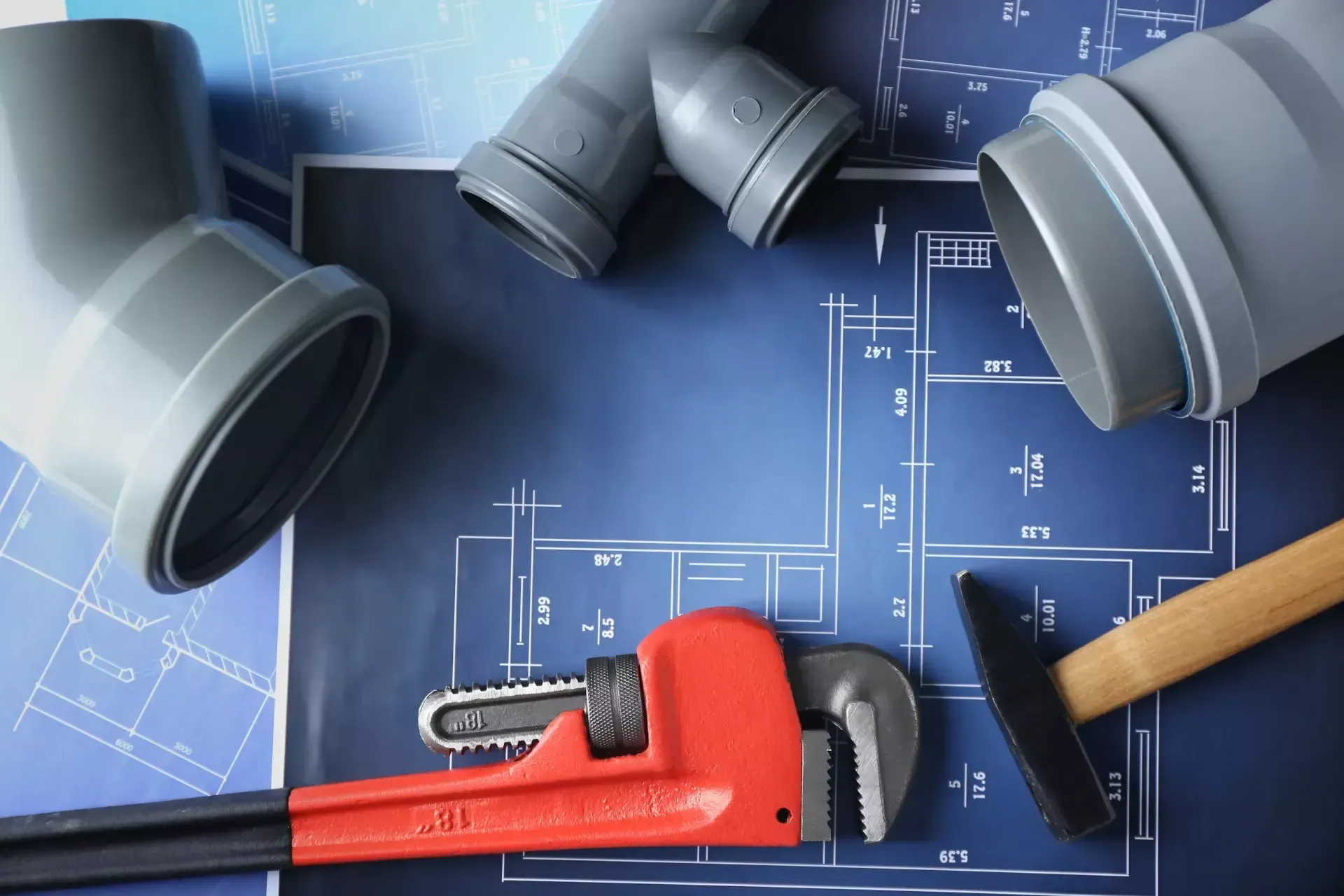What Is a Sewer Line and How Does It Function?
What Is a Sewer Line and How Does It Function?

Key Takeaways
- A sewer line is essential for removing wastewater from your home, but regular maintenance is needed to prevent problems.
- The keyword "what is sewer line" refers to an underground pipe responsible for carrying waste away from a property.
- Blockages and damage to sewer lines can lead to costly and unsanitary issues, making professional services crucial.
You may have wondered at some point,
what is a sewer line, and how does it affect your home? While sewer lines are hidden underground, they play a critical role in your home’s plumbing system. These pipes transport wastewater from your home to either a city sewer system or a septic tank, keeping your living space clean and safe. Understanding the
what is sewer line concept is essential to ensure proper maintenance and avoid unexpected issues.
In this blog, we’ll explore exactly
what is sewer line and how it functions, why maintaining it is crucial, and what potential problems homeowners might face. We’ll also examine why professional services are far more effective than DIY solutions.
What Is a Sewer Line?
So,
what is sewer line? In simple terms, a sewer line is an underground pipeline that connects your home’s plumbing system to the municipal sewer system or a private septic tank. When you use water in your home—whether flushing the toilet, running the dishwasher, or taking a shower—the wastewater flows down through the drains and into the sewer line. From there, it is carried away to be processed and treated.
Sewer lines are commonly made from materials such as clay, PVC, or cast iron. They are designed to last for decades, but over time, issues such as blockages, corrosion, or tree root invasions can disrupt the flow of wastewater.
How Does a Sewer Line Work?
Now that we’ve defined
what is sewer line, let’s examine how it works. The sewer line relies on gravity to move wastewater from your home to the treatment facility. The pipes are typically installed at a slight slope to ensure that the waste flows in the right direction, preventing backups and keeping your home’s plumbing running smoothly.
Common Sewer Line Problems
Understanding
what is sewer line means recognizing the potential problems that can arise. Let’s look at some of the most common issues that homeowners face with their sewer lines.
1. Blockages
One of the most frequent problems is blockages. These can result from a buildup of grease, hair, soap scum, or even objects that shouldn’t have been flushed down the toilet, such as wipes or paper towels. Blockages can prevent wastewater from flowing freely through the sewer line, causing backups into your home.
2. Tree Root Infiltration
Tree roots can grow into the joints of sewer lines, especially older clay pipes. Once inside the pipe, they can expand and cause blockages or cracks, ultimately leading to the collapse of the sewer line. This is one of the most damaging and costly problems homeowners can encounter.
3. Corrosion or Deterioration
Older sewer lines, especially those made from cast iron, can deteriorate over time due to corrosion. As the pipe walls thin, leaks or breaks can occur, leading to water damage and contamination in your home or yard.
The Importance of Professional Sewer Line Maintenance
You may now understand
what is a sewer line and the problems that can occur. But why is professional maintenance essential? Regular sewer line inspections and cleanings help prevent blockages, tree root infiltration, and other issues before they escalate into bigger, more costly problems.
Many homeowners are tempted to address small clogs or blockages on their own, but when it comes to
what is a sewer line issue, DIY solutions are rarely the best option. Chemical drain cleaners can corrode pipes, and improperly installed repair kits can worsen the damage.
Instead, hiring a professional plumber ensures that the problem is diagnosed and fixed correctly the first time. Plumbers use specialized tools like sewer cameras and hydro-jetting to clear and repair your sewer line safely and efficiently.
Why You Should Avoid DIY Sewer Line Repairs
For homeowners unfamiliar with
what is a sewer line, attempting to fix a blockage or crack without professional assistance can be risky. Here’s why:
- Incorrect Diagnosis: What seems like a minor clog might be a more serious issue, such as tree root invasion or a collapsing pipe. Without proper tools, it’s nearly impossible to diagnose the true problem.
- Damage to the Line: DIY repairs, especially digging up the sewer line, can cause more damage than good. Even if you manage to locate the issue, without the right expertise, you risk damaging other parts of your plumbing or even city infrastructure.
- Long-Term Costs: Short-term fixes, such as using chemical cleaners, might provide temporary relief, but they can weaken pipes over time. In the long run, professional repairs save you money by ensuring the problem is properly resolved.
Contact Plunger Plumber for Expert Sewer Line Services
Now that you have a clear understanding of
what is sewer line and how it functions, it’s important to know when to seek professional help.
Plunger Plumber, located in
Cleveland, OH, offers top-notch sewer line inspection, repair, and maintenance services. Whether you’re dealing with a blockage, tree root infiltration, or corroded pipes, our experienced plumbers can handle it all. Call us at
216-399-7569 for a consultation and keep your home’s plumbing in prime condition!
Conclusion
Sewer lines might be out of sight, but they should never be out of mind. Now that you understand
what is a sewer line and how crucial it is to your home’s sanitation and overall plumbing system, you can appreciate the importance of proper maintenance and professional care. Avoid the risks and costs associated with DIY repairs, and contact
Plunger Plumber for expert sewer line services.
Are you ready to ensure your sewer line is functioning optimally? Call us today at
216-399-7569 to schedule your service and prevent plumbing issues before they start.
FAQs
Q: What causes sewer line blockages?
A: Sewer line blockages can be caused by a buildup of grease, hair, soap, non-flushable items, or tree roots invading the pipe.
Q: Can I repair a sewer line myself?
A: It’s strongly recommended to avoid DIY repairs for sewer lines. Without professional tools and expertise, DIY solutions can lead to further damage.
Q: How often should I have my sewer line inspected?
A: Homeowners should have their sewer lines inspected every 1-2 years, especially if their home is older or has large trees nearby.
Q: How long do sewer lines typically last?
A: Depending on the material, sewer lines can last anywhere from 50 to 100 years. PVC pipes tend to last longer than older clay or cast-iron pipes.
Q: What is sewer line damage most commonly caused by?
A: The most common causes of sewer line damage include blockages, tree root invasion, and corrosion in older pipes.
Ready to work with Plunger Plumber?
Let's connect! We’re here to help.
Send us a message and we’ll be in touch.
Or give us a call today at (216) 616-1468
